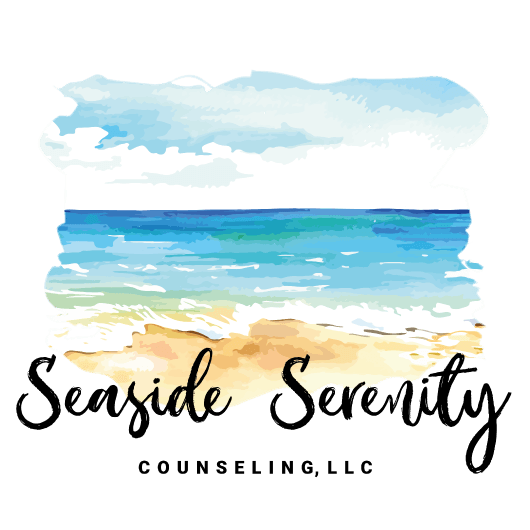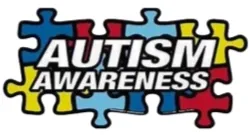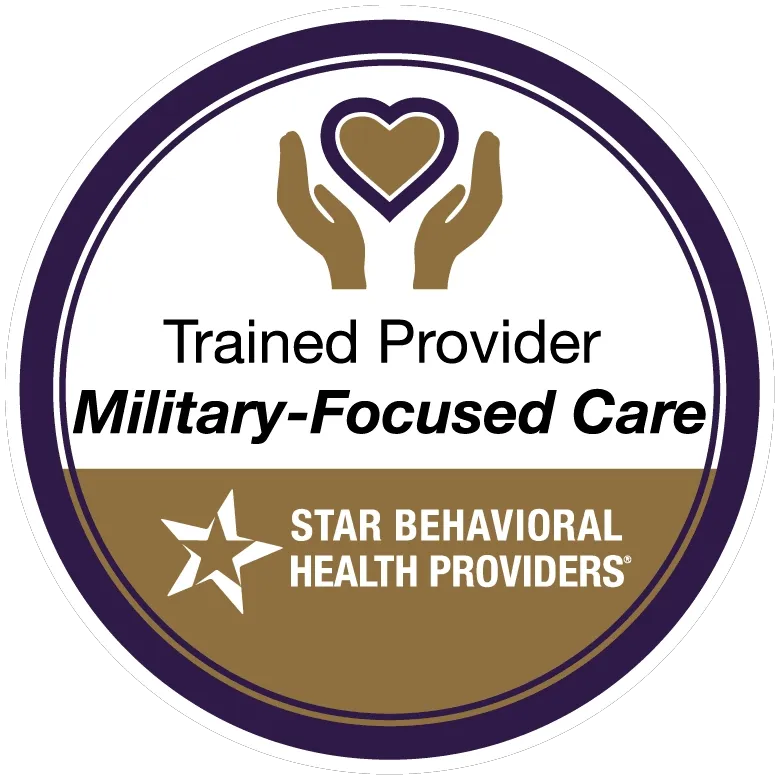Life is a balance of holding on and letting go ~ Rumi
Understanding Neurodiversity: Autism, ADHD, and Asperger’s
At Seaside Serenity Counseling, we celebrate neurodiversity, the natural differences in how people think, learn, and experience the world. Neurodivergent individuals include those with Autism Spectrum Disorder (ASD), Attention-Deficit/Hyperactivity Disorder (ADHD), and what was once called Asperger’s Syndrome, now recognized as part of the autism spectrum.
Each neurodivergent individual experiences the world in a unique way. While challenges may arise in areas like attention, social communication, or emotional regulation, these differences often come with remarkable strengths, such as creativity, focus, problem-solving, and deep insight.
Autism Spectrum Disorder (ASD)
ASD affects how a person communicates, interprets social cues, and interacts with others. Some individuals may find social situations overwhelming or have a preference for routine, while others may demonstrate intense focus on specific interests. Many autistic individuals have exceptional attention to detail and pattern recognition.
At Seaside Serenity Counseling we support clients on the spectrum by helping them develop social skills, improve communication, and navigate relationships in a safe, structured, and supportive environment.
ADHD: A Mind in Motion
ADHD affects attention, focus, and impulse control. Individuals with ADHD may struggle with organization or staying on task, yet they often bring energy, creativity, and innovative thinking to their work and personal life.
We help individuals with ADHD build practical strategies to manage daily responsibilities, regulate emotions, and improve social interactions, helping them leverage their strengths while reducing stress and overwhelm.
Asperger’s and High-Functioning Autism
Those with Asperger’s often have strong verbal skills and intelligence but may face challenges with social communication and flexibility. Therapy can help clients increase self-awareness, strengthen social skills, and build confidence in their relationships.
How We Support Neurodivergent Clients
Frank Healy, LPC can tailor therapy to each client’s needs. Using evidence-based approaches like Cognitive Behavioral Therapy (CBT) and Dialectical Behavior Therapy (DBT), Frank will focus on:
- Emotional regulation and coping strategies
- Social skills development and communication training
- Managing anxiety, depression, or stress
- Strengthening relationships at home, work, and in the community
- Building self-confidence and self-understanding
The goal is to provide a supportive space where neurodivergent individuals can
learn, practice, and strengthen communication and social skills while embracing their unique identity.
Embracing Neurodiversity
Being neurodivergent means experiencing the world differently — not less. With the right support, individuals with ASD, ADHD, or Asperger’s can thrive personally, socially, and professionally. By combining therapy with skill-building and strengths-based approaches, we empower clients to communicate effectively, manage emotions, and live fulfilling lives.
Final Thoughts
If you or a loved one is navigating the challenges of neurodivergence, therapy at Seaside Serenity Counseling can provide guidance, skill development, and support for social and emotional growth. We help clients embrace their differences, build meaningful connections, and help you reach your personal and relational goals.











